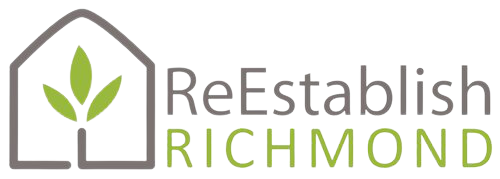ReR Partners with Local Organizations to Provide Job Opportunities for Refugee Women
In light of our current political climate, it’s nice to have a reminder that we can do more together than apart. As I walked into the First Baptist Church Community Missions building, I was greeted by the sound of children's laughter. Jonny, one of the volunteers from Alcansa, lead a group of ten preschoolers in a quick calisthenic exercise before sitting them down to work on their letters. When one little boy became distracted, Jonny gently redirected him back to the task at hand, reminding him, “You are part of our team.”
Over the last two weeks, I learned exactly how large this team really is. Alcansa works to provide essential needs to individuals and groups in and from distressed areas of the world. In 2015, a few Alcansa volunteers partnered with ReEstablish Richmond to go into homes and visit with Afghan women to practice English. One of the volunteers, Lisl, began to notice that the women were also seeking opportunities to get out of the house. Sewing proved to be a common area of interest, and Alcansa began bringing the women to their office to teach them to sew, learn English, and provide some much needed socialization.
Photo Credit: Jim Hale












